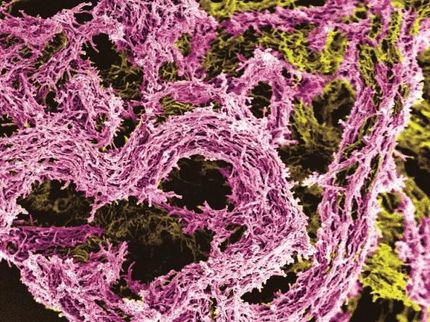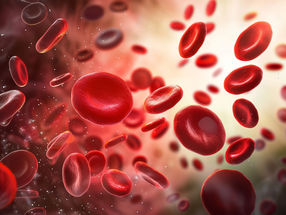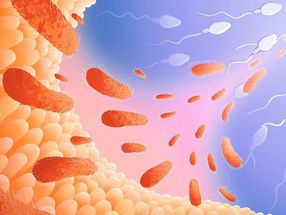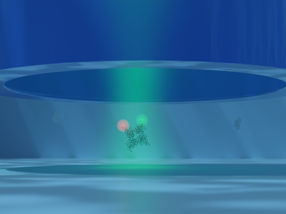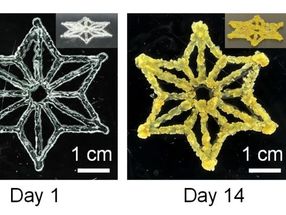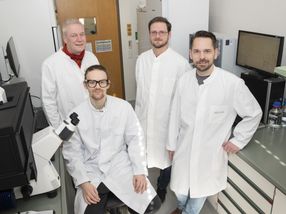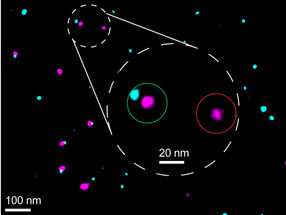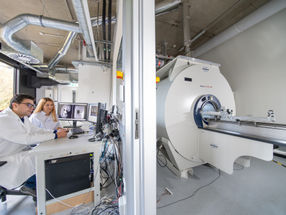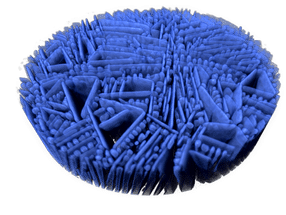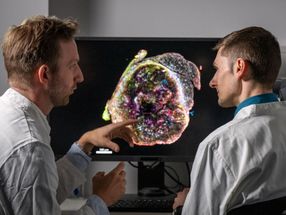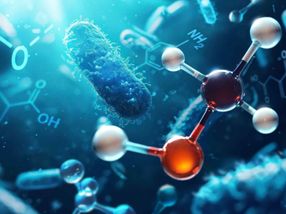EMBO Gold Medal 2011 awarded to Simon Boulton
Groundbreaking research on DNA repair, genome integrity and cancer
The European Molecular Biology Organization (EMBO) announced Simon Boulton of Cancer Research UK’s London Research Institute, Clare Hall Laboratories as the winner of the 2011 EMBO Gold Medal. Awarded annually, the EMBO Gold Medal recognizes the outstanding contributions of young researchers in the molecular life sciences.
Boulton receives the award in recognition of his groundbreaking research on DNA repair mechanisms. The election committee was particularly impressed by his pioneering role in establishing the nematode worm, C. elegans, as a model system to study genome instability.
Throughout his career, 38-year-old Boulton and his research team have exploited the experimental strengths of several complementary systems, including C. elegans and mouse genetics, proteomics in mammalian cells and in vitro biochemistry. Some of their most important discoveries have come from contrasting the results obtained in different systems and cellular contexts. Boulton’s PhD supervisor Stephen P. Jackson described him as an “absolutely outstanding scientist” and praised his unique combination of approaches that allowed him to make seminal contributions to the field encompassing DNA repair, genome instability and cancer.
Simon Boulton’s research highlights include:
- Discovering the gene RTEL1 as an anti-recombinase that impacts on genome stability and cancer and counteracts toxic recombination, which is also required in meiosis to execute non-crossover repair.
- Discovering the PBZ motif and establishing that ALC1 (Amplified in Liver Cancer 1) is a poly(ADP-ribose)-activated chromatin-remodelling enzyme required for DNA repair. Poly (ADP-ribosyl)ation (PAR) is a post-translational modification of proteins that play an important role in mediating protein interactions and the recruitment of specific protein targets. These results provided new insights into the mechanisms by which PAR regulates DNA repair.
- Discovering that the Fanconi Anemia proteins FANCM and FAAP24 are required for checkpoint-kinase signalling (ATR) in response to DNA damage and establishing that DNA repair defects of Fanconi Anemia cells can be suppressed by blocking error prone repair by non-homologous end joining.
These discoveries gave rise to novel therapeutic approaches. Boulton’s laboratory demonstrated that cells that over-express the ALC1 enzyme are highly susceptible to eradication by the chemotherapeutic Bleomycin. Since ALC1 is amplified in over 50 percent of human liver cancers, these findings may have important implications for liver cancer treatment.
The prizewinner also showed that DNA repair defects of Fanconi Anemia cells can be suppressed by blocking non-homologous end joining (NHEJ). This observation raises the possibility that NHEJ inhibitors could be used to suppress cancer predisposition in Fanconi Anemia patients.
Most read news
Organizations
Other news from the department science

Get the life science industry in your inbox
From now on, don't miss a thing: Our newsletter for biotechnology, pharma and life sciences brings you up to date every Tuesday and Thursday. The latest industry news, product highlights and innovations - compact and easy to understand in your inbox. Researched by us so you don't have to.
